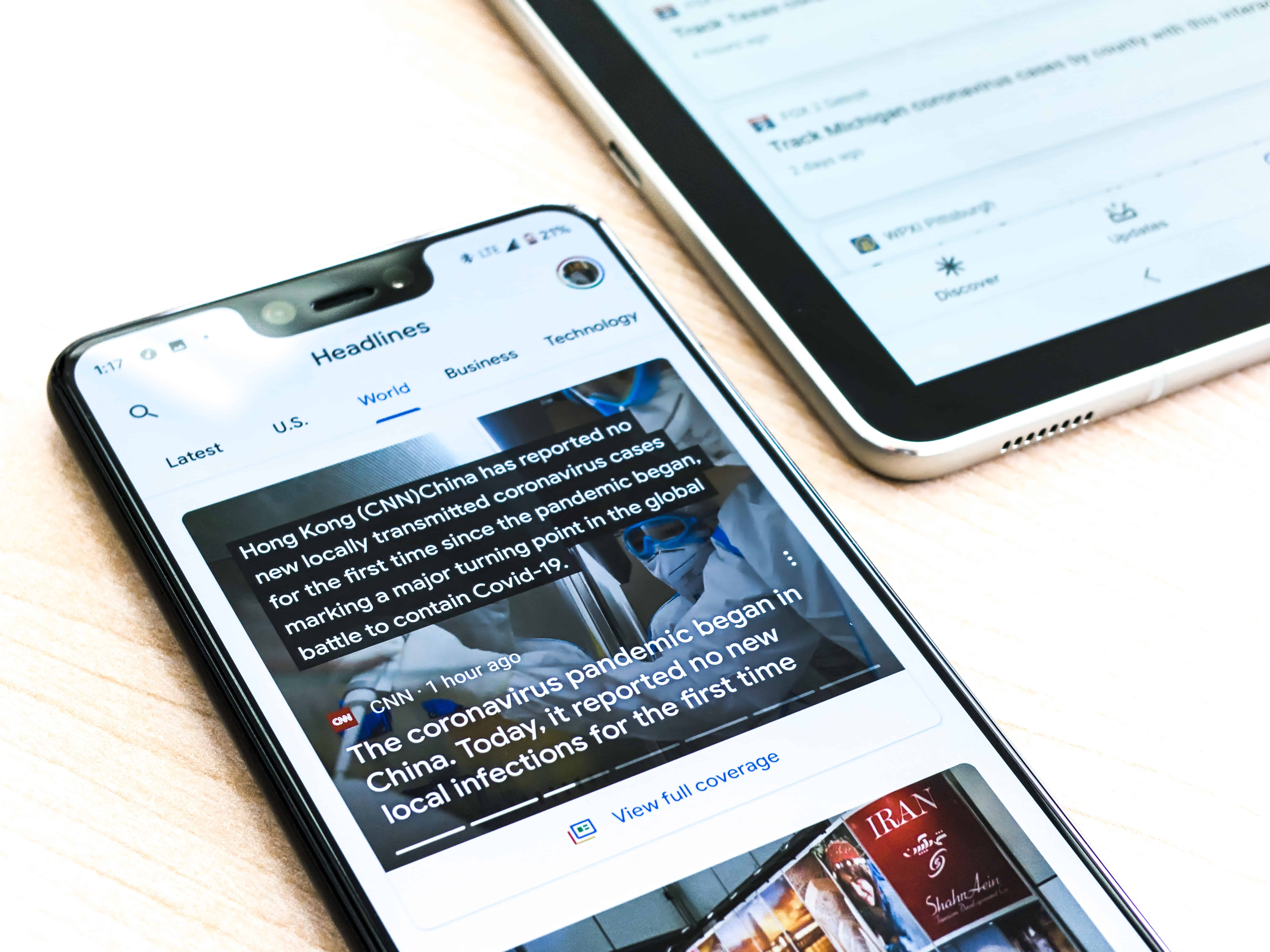
The top news in tech: the October digest
An entire news round-up blog could be dedicated to Facebook – or ‘Meta’, as it’s now known – activity alone. While I’d rather not give the social media giant any more column inches, to not talk about the plethora of Facebook news stories would be to ignore the big blue elephant in the room.
The tech giant has been on quite the journey throughout October. To kick off the month, an ex-Facebook employee-turned whistleblower delivered a shocking indictment of the company and sounded the alarm about the platform’s detrimental impact on users’ mental health and wellbeing. This was swiftly followed by a six-hour outage on all of its platforms: Facebook, Instagram, and WhatsApp. People worldwide criticised the company, and its share prices fell dramatically by nearly 5%, dealing a double blow. And if Facebook wasn’t yet talked about enough, the company announced plans to hire 10,000 workers in Europe to focus on its mysterious metaverse. It has been a tumultuous month and, with the company’s internal documents now in journalists’ hands, there’ll be more revelations to come in the weeks ahead.
Working in PR, we know how important brand management is, but I wonder what impact these stories will have on the company’s user base? Will increased concerns impede on the success of the metaverse? Indeed, users may think twice about sharing even more personal data with the company.
Anyway, that’s enough of Facebook…what else have people been talking about this month?
Eurostar trial touchless biometric identification system using facial recognition
Will passports soon be a relic of a bygone era? In a new pilot scheme, Eurostar is set to trial facial recognition technology that will be used in place of passports, allowing travellers to embark on a touch-free journey. The trial of the ‘Seamless Travel Solution’ begins in November, across all Eurostar routes.
While this technology promises ‘seamless travel’ across borders, technology doesn’t always ensure speedier journeys. System outages can cause severe delays: failures at e-gate systems this year at Heathrow Airport, for example, resulted in hours-long queues for travellers. Not only this, but the onslaught of cyberattacks and data breaches has raised privacy concerns. Responding to worries about data protection, the tech developer behind Seamless Travel Solution says it follows all GDPR regulations and all data will be encrypted while users are in transit. But many people won’t be convinced.
Will you be sad to see the traditional passport go, or welcome document-free travel? It would certainly make travelling less stressful; I personally worry about losing my passport at every stage of my journey. But I would be sad to see it go – there is something special about carrying that little book around when you go on holiday, and picking up stamps as you arrive at a new destination.
Global Investment Summit: Bill Gates gives £200 million to turn UK green
With COP26 just around the corner, pressure is mounting on governments to commit to greater investment in renewable energy. Boris Johnson met with billionaire and Microsoft co-founder Bill Gates at the Global Investment Summit in London, where they announced a funding partnership for the development of UK green technologies. Gates committed to a £200 million investment, matching that made by the British government.
This investment is critical if new technologies (such as sustainable aviation, electric cars, and wind and solar power) are to be made more accessible and less expensive for the consumer market. And it is great news for the innovation and growth of the greentech and cleantech industry. This increased investment, coupled with the media interest around COP26, presents the perfect opportunity for greentechs to grow their business, and make a difference to the tech sector and the planet. For more on the role of technology in mitigating climate change, and how greentech companies can grow their brands, read our whitepaper here.
Robots: stealing our jobs or solving labour shortages?
“As advancing technology shapes our post-pandemic future, the workforce will increasingly be divided into winners and losers”, writes Martin Ford, an expert in AI and robots, in The Guardian. Technology has transformed the way we work: manual, labour-intensive and time-exhaustive processes have been streamlined, and we can now access data whenever, wherever. From machine-led production sites to self-checkouts at supermarkets, we have seen the gradual replacement of humans with technology: a trend that has been accelerated by the labour shortages caused by covid-19. As robots become more advanced and dexterous, Ford warns that more workers and sectors will fall victim to the encroachment of automation technology. For example, the absence of seasonal workers in the UK due to Brexit has increased interest in robots in the agritech sector. Startup Xihelm has built a robot that is able to pick fragile fruits and vegetables, using AI to identify the ripest stock.
While these technologies are unlikely to offer a solution to the immediate challenge of worker shortages, the impact of automation on the employment market will be significant in the coming years. The idea that humanoid robots might replace us in our professions is certainly a scary one. While it may be advantageous for robotics to be employed in mundane or dangerous jobs, there are some professions where humans will always be superior. My role in PR requires analytical and critical thinking, alongside forming meaningful connections with clients and journalists. I don’t think I will be replaced by a robot anytime soon…
Chip maker for Apple, Qualcomm, AMD warns chip shortage to last through 2022
The global chip shortage has been a dominant story in our news feed for several months. John Loeffler, staff writer at TechRadar, reports that these problems show no signs of easing and will last throughout 2022, and beyond. This comes after TSMC, chip provider for some of the largest tech companies in the world, announced that production will struggle to meet the soaring demand.
While optimists point to 2022 as the end of the shortage, the pressure on chip manufacturers is only increasing. As our lives become increasingly digitalised, we can expect continued growth in demand for chips. Although demand may slow down at some point, it will not start to suddenly decline in a way that would allow production to catch up. Added to this are complications with supply chains, which have proven to be incredibly vulnerable over the past year. With money and resources at their disposal, big tech companies might be able to mitigate against disruption by ensuring that they have large stock reserves to draw upon in times of emergency. However, this further exacerbates the crisis and leaves smaller companies in a worse position. How can tech companies resolve this crisis in such a way that is fair for tech businesses of all sizes?
New fraud hotline for banks’ customers will stop scammers in their tracks
Vicky Shawfinance correspondent at The Independent, reports on the launch of a new pilot scheme which will trial a fraud hotline that connects people with their bank if they fear they have been scammed. The scheme, headed by the anti-fraud coalition Stop Scams UK, is set to run for a year. Over 70% of UK primary current account customers will be covered in the first phase of the trial, with more banks and telecoms firms expected to join as the pilot progresses into later phases. If successful, the fraud hotline, 159, will be made a universal number offered by all telephone providers, similar to 111 or 999.
The number of scams has skyrocketed throughout the pandemic. These include mobile phishing attacks, which are a growing concern for individuals and businesses alike, so an emergency service to help people deal with these threats is definitely welcome. What new technology tools will be developed to help mitigate the impact of cyberattacks? Only time will tell…





